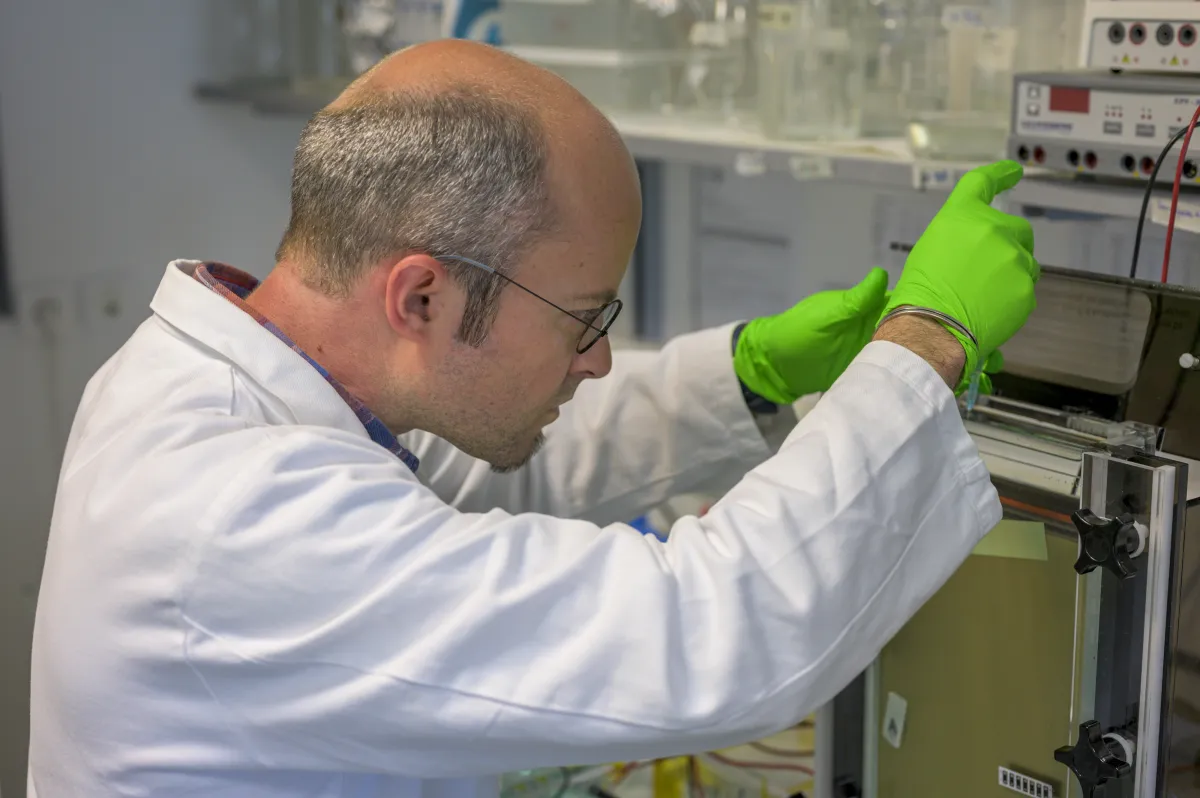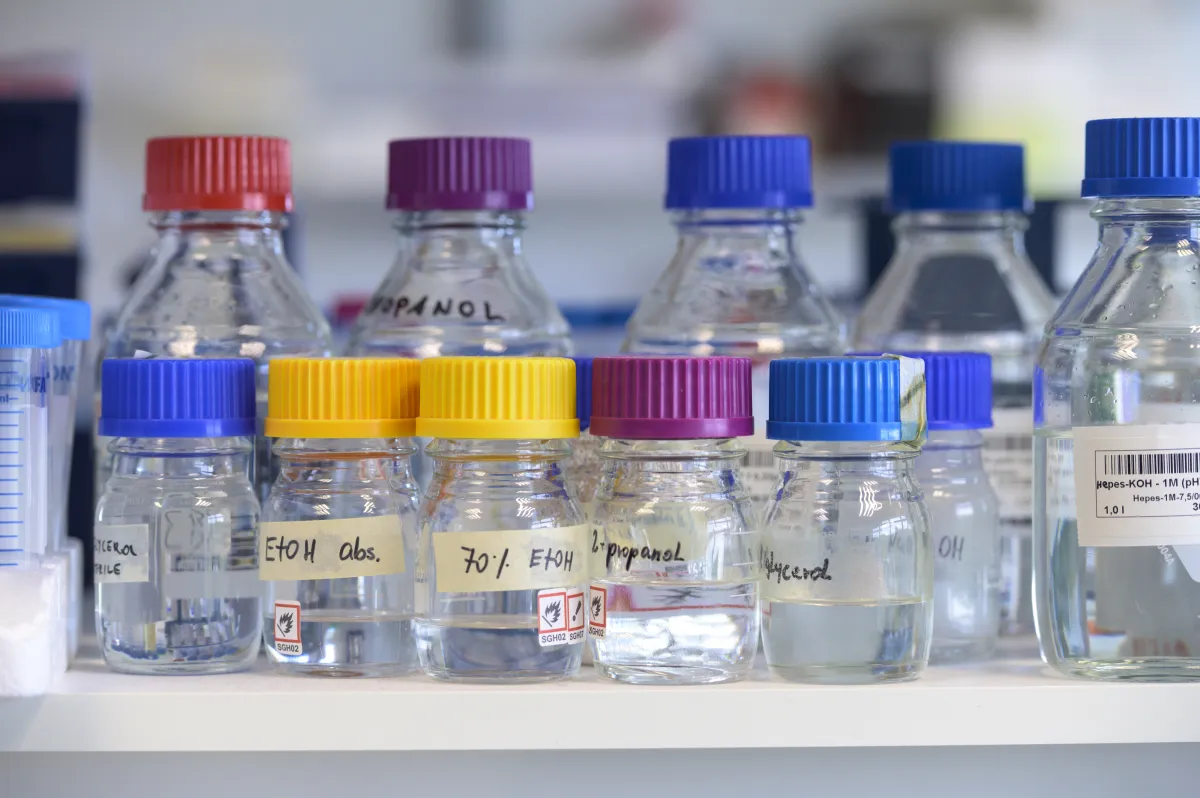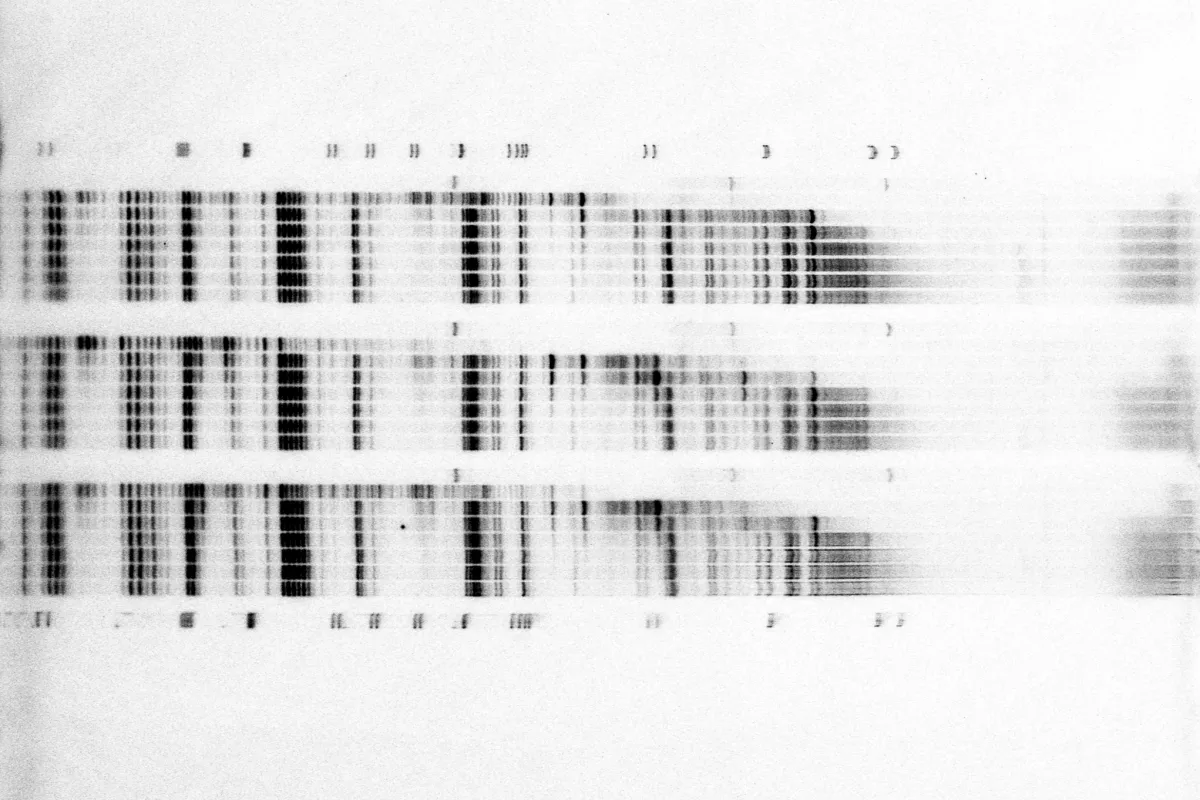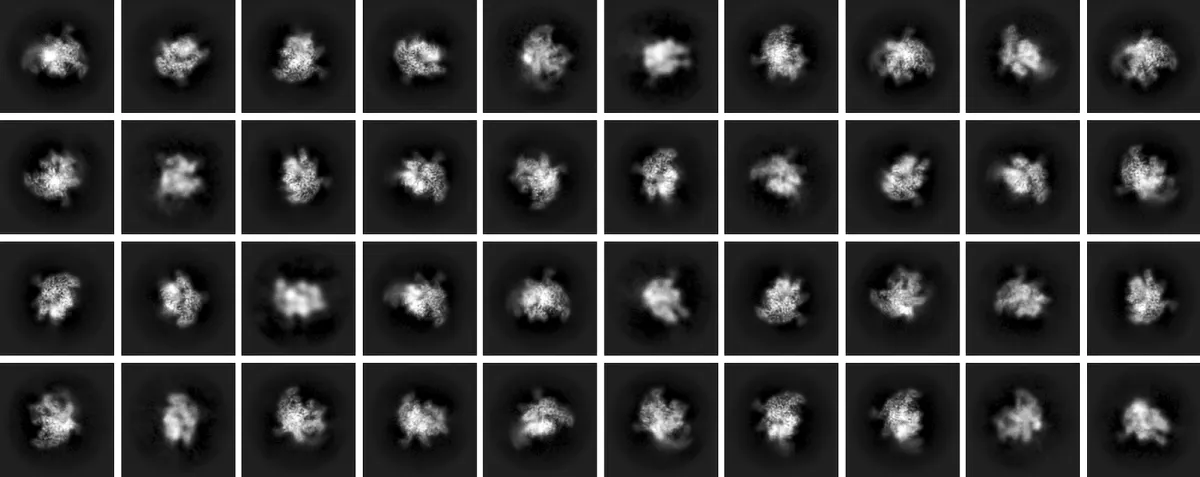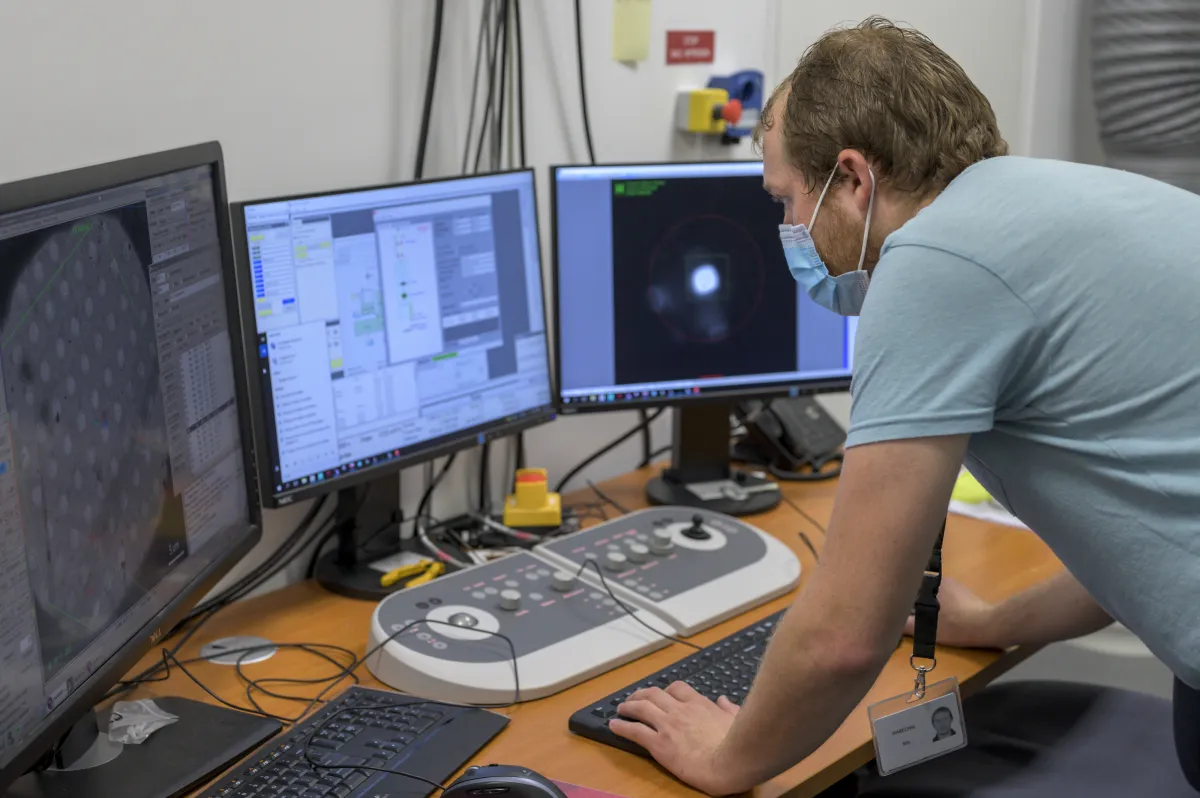Albert Weixlbaumer Shedding light on the molecular mechanisms that ensure coupling and coordination between transcription and splicing
Albert Weixlbaumer, INSERM research director, head of the transcription regulation team at the Institute of Genetics and Molecular and Cellular Biology, Illkirch (France).
- 2021 • Bettencourt Prize Coups d'Élan pour la recherche française
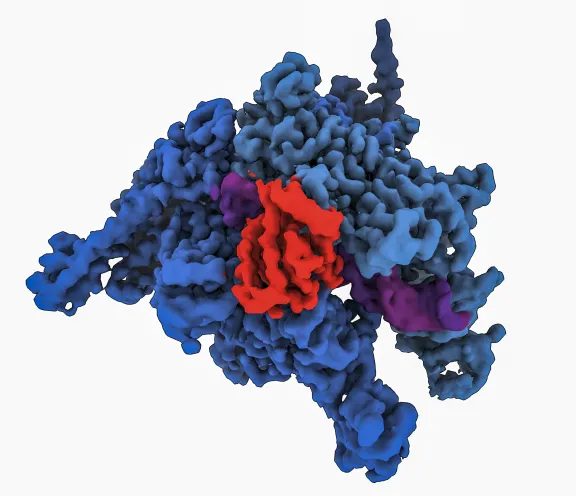
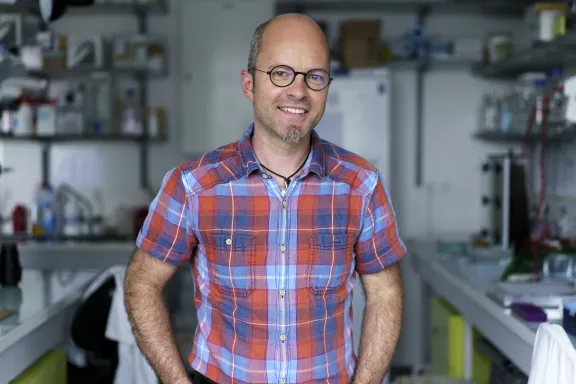

Genetics and molecular biology researcher Albert Weixlbaumer received the 2021 Bettencourt Prize to Boost French Research for his work on the molecular machines of genetic expression.
Genetic expression and its molecular machines: it has to be seen to be believed
The blueprints for the construction of each cell and organism are stored in DNA as genes. Genetic expression consists of reading instructions in the genes, producing an RNA messenger (transcription) and translating the message to synthesize proteins (translation) that perform many key cell functions.
Since 2014, Albert Weixlbaumer's team has been studying transcription regulation and how DNA transcription into messenger RNA and protein translation are coupled and coordinated in bacteria, which are cells without nuclei. The process is more complex in cells with a nucleus, such as human cells called eukaryotes, because there is an additional step: after transcription, the messenger RNA is edited by a molecular machine that cuts out certain parts of the messenger before it is translated into protein. This process, called splicing, allows eukaryotes to achieve a wide variety of proteins with a surprisingly small number of genes. Defective splicing can lead to diseases such as various forms of cancer or nervous system diseases. Since splicing is often coupled with transcription, a detailed understanding of how the molecular machine responsible for the coupling between transcription and splicing works would help avoid these harmful consequences.
The foundation’s support
Dr. Weixlbaumer’s laboratory in Illkirch has all the tools it needs to study transcription and translation in bacteria. He uses electron microscopy to observe the machines that intervene in each step of gene expression in action. His team closely observes how the molecular machine responsible for splicing in human cells is coupled and coordinated with the machine responsible for transcription.
The Bettencourt Prize to Boost French Research will enable him to acquire the cell culture, protein purification and data storage equipment necessary for his project.
Albert Weixlbaumer in a few words
Albert Weixlbaumer studied in Vienna before obtaining his PhD in molecular biology and biophysics at Cambridge University in 2008. For his thesis, he studied protein translation regulation in bacteria. During his post-doctoral fellowship in the United States from 2008 to 2014, he focused on transcription, another aspect of gene expression.
In 2014, Dr. Weixlbaumer moved to France to set up a research team to study transcription regulation and the coupling of transcription and translation in bacteria. His team combines different structural biology and biochemistry techniques to understand how these two steps of genetic expression interact.

Bettencourt Prize Coups d'Élan pour la recherche française
The Bettencourt Prize Coups d'Élan pour la recherche française was created by the Foundation in 2000. It has rewarded 78 French laboratories and more than 900 researchers have benefited from this prize. Until 2021, this prize was awarded each year to four research teams, from Inserm and the CNRS Institute of Biological Sciences. The amount of the prize endowment was 250,000 euros per laboratory.
All the award-winners